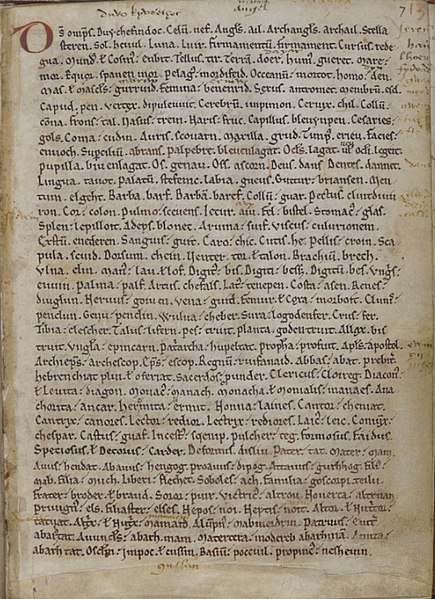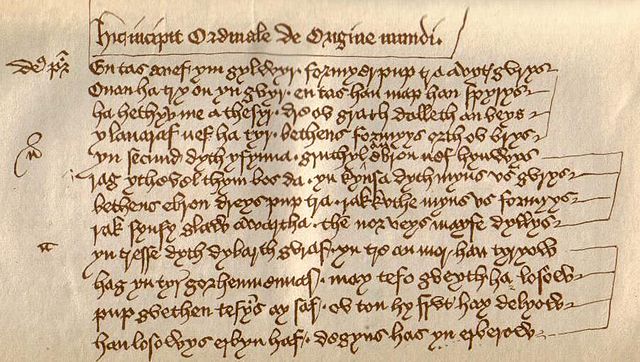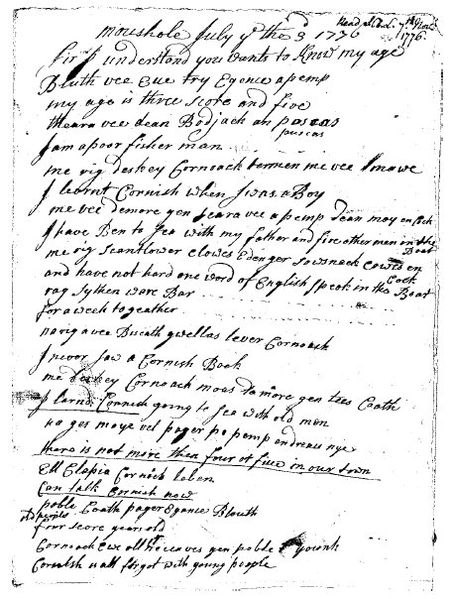Truro is a cathedral city and civil parish in Cornwall, England, United Kingdom. It is Cornwall's county town, sole city and a centre for administration, leisure and retail trading. Its population was 18,766 in the 2011 census. People of Truro can be called Truronians. It grew as a trade centre through its port and as a stannary town for tin mining. It became mainland Britain's southernmost city in 1876, with the founding of the Diocese of Truro. It is home to Cornwall Council, the Royal Cornwall Museum, Truro Cathedral, the Hall for Cornwall and Cornwall's Courts of Justice.
Truro Cathedral overlooking the city
Coat of Arms
Boscawen Street in 1810
The Cathedral in 1905, before completion of the spires
Cornish is a Southwestern Brittonic language of the Celtic language family. Along with Welsh and Breton, Cornish is descended from the Common Brittonic language spoken throughout much of Great Britain before the English language came to dominate. For centuries, until it was pushed westwards by English, it was the main language of Cornwall, maintaining close links with its sister language Breton, with which it was mutually intelligible, perhaps even as long as Cornish continued to be spoken as a vernacular. Cornish continued to function as a common community language in parts of Cornwall until the mid 18th century, and there is some evidence for traditional speakers of the language persisting into the 19th century.
The first page of Vocabularium Cornicum, a 12th-century Latin-Cornish glossary
The opening verses of Origo Mundi, the first play of the Ordinalia (the magnum opus of medieval Cornish literature), written by an unknown monk in the late 14th century
Beunans Meriasek (The life of St. Meriasek) (f.56v.) Middle Cornish Saint's Play
William Bodinar's letter, dated 3 July 1776








